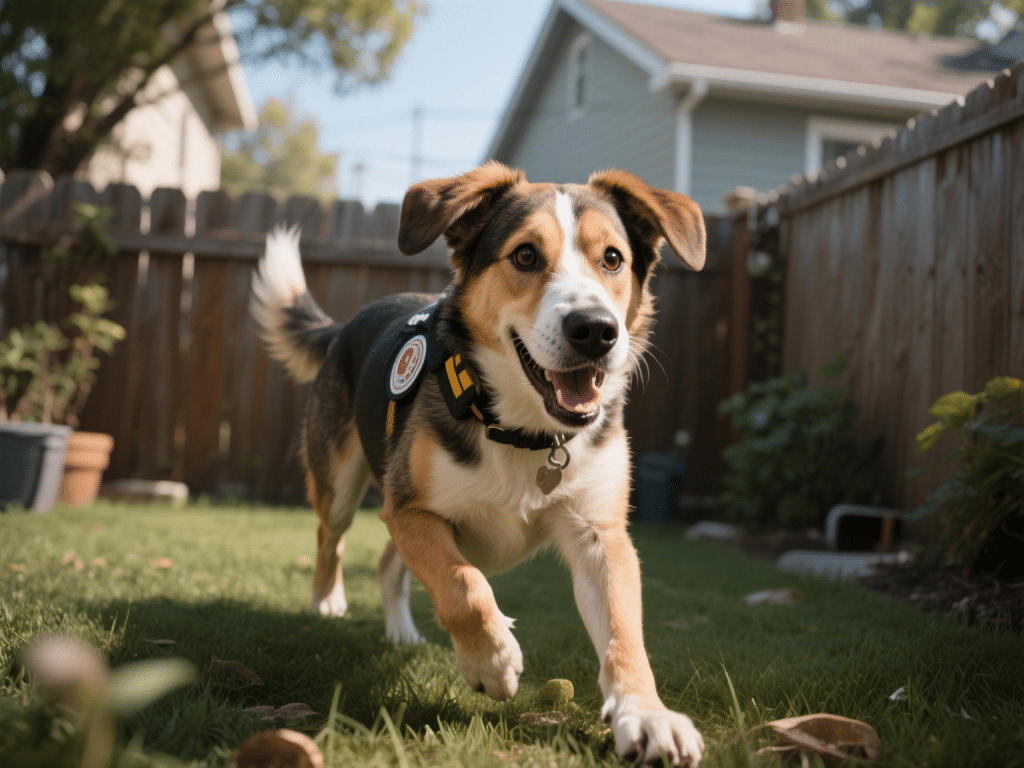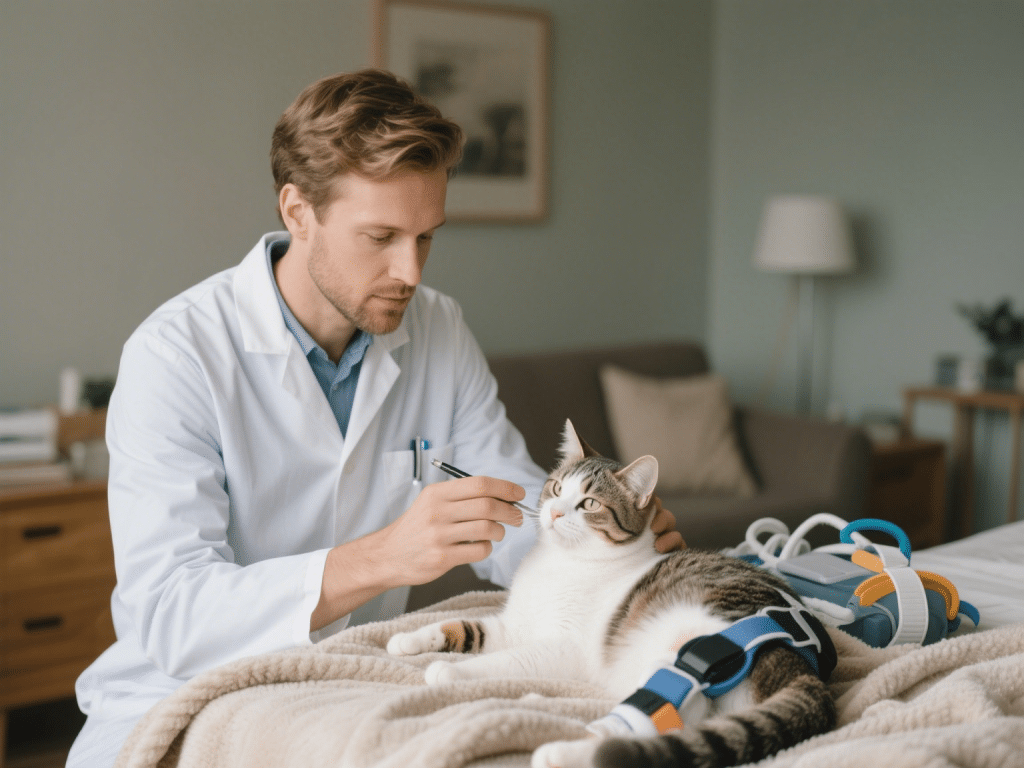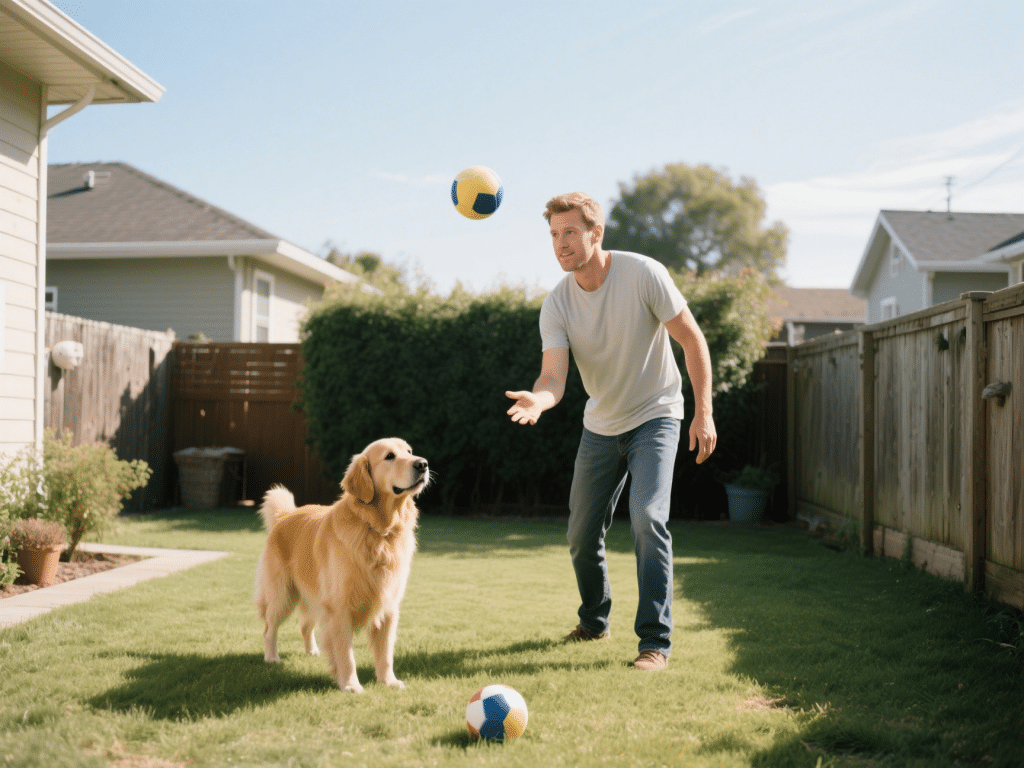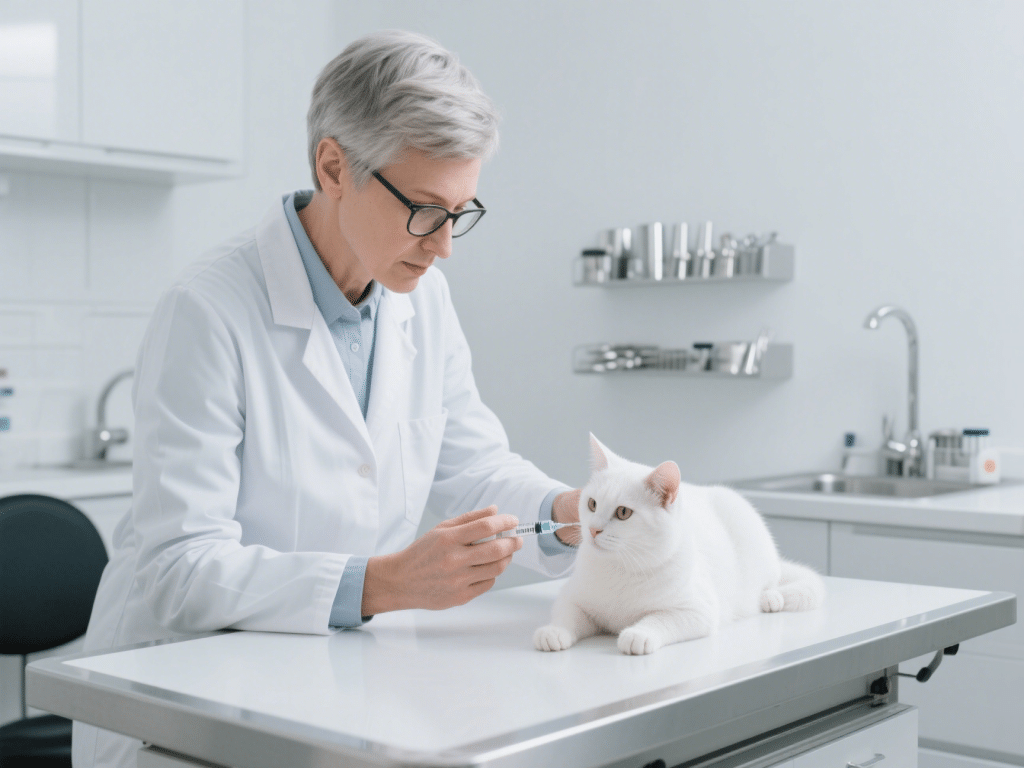
As a canine health specialist with over a decade of allergy research collaboration, I understand how seasonal pollens and molds trigger itching, sneezing, and ear infections in dogs. Left unmanaged, allergies can progress to chronic skin conditions and secondary infections. Below, I share an integrative protocol—combining environmental control, targeted supplements, topical therapies, and veterinary guidance—to keep your dog comfortable year-round.
1. Identify and Limit Exposure
Begin by tracking your dog’s symptoms against local pollen forecasts (tree pollen in spring; grass in summer; ragweed in fall). During high-pollen days, keep windows closed and run a HEPA-equipped air purifier in your dog’s primary resting area. Wipe paws and belly with a damp microfiber cloth after outdoor walks to remove allergens.
2. Nutritional Support: Omega-3 and Quercetin
Omega-3 fatty acids: High-EPA fish oil reduces inflammation. Dose at 50 mg EPA+DHA per 10 lbs body weight daily.
Quercetin-bromelain complex: A natural antihistamine and anti-inflammatory; start at 5 mg quercetin per 10 lbs body weight twice daily.
These supplements work synergistically to stabilize mast cells and reduce histamine release.
3. Topical Therapies
Medicated shampoos: Oatmeal-based cleansers soothe itchy skin; bathe once weekly.
Barrier sprays: Ceramide-enriched mists restore skin lipids and prevent water loss. Apply to flanks and belly after each walk.
4. Immunotherapy (Allergy Shots)
For dogs with multi-seasonal or year-round allergies, subcutaneous immunotherapy desensitizes the immune system. After your veterinarian’s skin or blood testing, a customized allergy vaccine is administered weekly, then tapered to monthly maintenance. Most dogs show significant improvement within 6–12 months.
5. Rescue Medications
When flare-ups occur, short-term courses of prescription antihistamines (e.g., cetirizine) or Apoquel (oclacitinib) can rapidly control itching. Always use under veterinary supervision, monitoring for side effects.
Conclusion:
By combining exposure reduction, nutritional interventions, topical care, and, when needed, immunotherapy or prescription meds, you can keep seasonal allergies from stealing your dog’s joy. Track symptoms in a journal to fine-tune this protocol over time.









Comments on " Seasonal Allergy Relief Strategies for Dogs" :